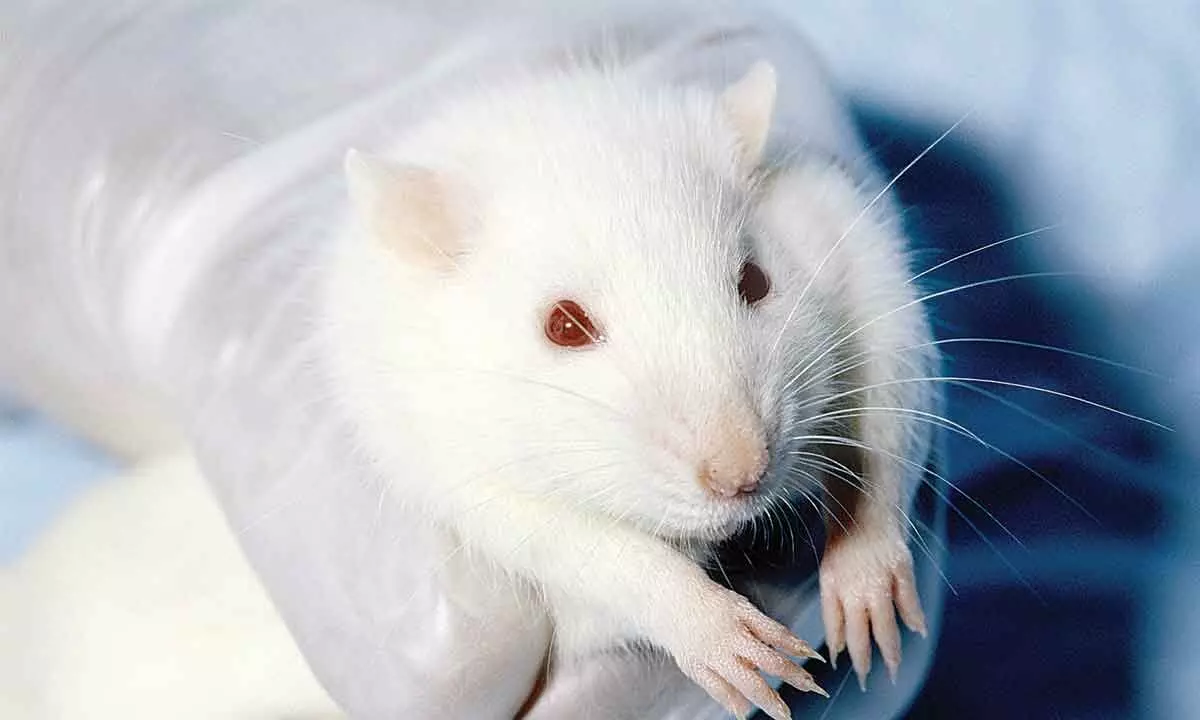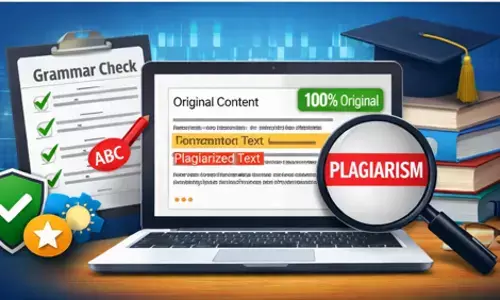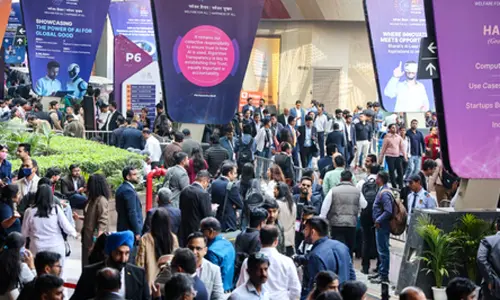PETA's grant a boost to animal-free methods for toxicology testing

The animal rights organization has recently decided to provide a grant of Rs 7 lakh to a scientist focusing on advancing animal-free methods for toxicology testing
The People for the Ethical Treatment of Animals (PETA) India, an American animal rights organization, has recently announced a grant for advancing animal-free methods for toxicology testing in the country. Currently, toxicity testing is performed by exposing animals to very high doses of chemicals - often at levels 100 to 1,000 times higher than humans would typically be exposed to. This is usually done to help predict the chemical's possible effects on people or the environment, including the animals in it.
As PETA India is opposed to all experiments or procedures that cause pain, suffering, distress or lasting harm to animals, including toxicity testing, the animal rights organization has recently decided to provide a grant of Rs 7 lakh to a scientist focusing on advancing animal-free methods for toxicology testing.
The recipient will be selected based on scientific merits of their proposed project to replace testing on animals. Projects using live animals, ex vivo animal tissues, or primary animal cell cultures will not be considered. The applicant can be from any sector including academia, industry, or government. Applications must be submitted by January 6, 2023, and one recipient will be selected in February 2023. PETA India must be acknowledged as a funding source when the work is presented or published. One year following the receipt of the grant, the recipient must send PETA India an approximately 500-word summary of progress on the project.
The animal rights organization's concern is quite understandable as it is true that toxicity testing is performed by exposing animals to very high doses of chemicals. Such studies result in a great deal of animal pain, suffering, distress and death. On the other hand, the animal rights organization argues that many drugs that appear safe and effective in animals fail in humans, or cause significant harm, and even death.
There are reports stating that more than 80 HIV/AIDS vaccines successful in nonhuman primates failed in human trials. Hence new methods, not involving the use of animals, need to be developed as a matter of urgency to solve both the scientific and ethical problems associated with the use of animals.
Earlier last year, PETA India had knocked at the doors of Indian Prime Minister Narendra Modi seeking a ban on animal testing in pharmaceutical research in line with a monumental resolution passed by the European Parliament for phasing out animal experiments in drug research. In its letter to the Indian Prime Minister, the group shared its Research Modernisation Deal – a document that outlines the failure of studies on animals to lead to treatments and cures for humans and provides a comprehensive strategy to move away from the use of animals – similar to what PETA entities had presented to European leaders prior to the resolution's near-unanimous passing.
Besides European Parliament, a handful of US lawmakers had also introduced two bills aimed at ending mandatory animal testing of new pharmaceuticals destined for human trials. Supporters of animal welfare, euphemistically termed animal activists, are of the view that most of the drug discoveries are possible without experimentations in animals and inflicting cruelty on them. Many monkeys, dogs, rats, and other animals are mutilated, burned, blinded, cut open, poisoned, and drugged in laboratories every year.
The animal activists argue that not only are these tests cruel, their results are also inapplicable to humans because of the vast physiological differences among species. Modern methods, such as in vitro and in silico tests, are reliable, human-relevant, and more cost-efficient than those involving animals. The PETA India's Research Modernisation Deal outlined steps to eliminate the use of animals immediately in areas in which they have already been shown to be poor surrogates for humans and critically review additional areas of research to determine where animal use can be ended.
It emphasized the need for implementing a robust ethical evaluation system as part of policies governing the use of animals, thereby increasing the transparency, accountability, and effectiveness of the regulatory process. The Deal also stresses the need for promoting the international harmonisation and acceptance of non-animal testing methods among national and international agencies and research bodies. It called for redirecting funds from animal experiments to the development of non-animal methods.
All said and done, a large section of the scientists argues that advances in the management of several diseases through the development of diagnostics, prophylactics and therapeutics can come about only through the continued use of animal models in medical research. So, whatever be the merits of these arguments and counter-arguments, the focus should be on developing new drugs for the next generation. The government should take a considered view on the subject.
(The author is freelance journalist with varied experience in different fields)








